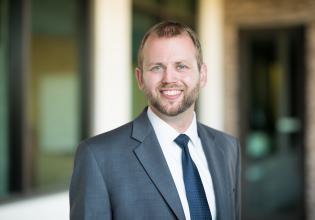
WI-FI ONE, LLC v. BROADCOM CORPORATION
En banc, Reyna. Appeal from the Patent Trial and Appeal Board.
Summary: The Federal Circuit can review the Board’s decision whether an IPR is time barred under § 315(b).
In 2010, Ericsson filed a complaint for patent infringement against a third party in district court. Broadcom was not a defendant in that litigation. In 2013, Broadcom filed three IPRs against each of the patents asserted in the Ericsson litigation. Ericsson transferred ownership of the patents to Wi-Fi, who argued that the IPRs were time barred because Broadcom was allegedly in privity with the prior defendants. The Board denied Wi-Fi’s motion for discovery, held that the IPRs were not time barred under § 315(b), and found the challenged claims unpatentable.
The initial Federal Circuit panel determined that it lacked authority to review the time bar issue because § 314(d) states that “the determination by the Director whether to institute an inter partes review under this section shall be final and nonappealable.” Reviewing en banc, the Federal Circuit remanded and held that a § 315(b) time bar determination is appealable. The Court relied on the strong presumption in favor of judicial review of agency actions and the lack of clear legislative history on the issue. The Court also held that the bar of § 314(d) against appeals does not apply to § 315(b) challenges because § 314(d) applies only to determinations “under this section.” The Court distinguished Cuozzo Speed Technologies, LLC v. Lee, 136 S. Ct. 2131 (2016) by finding that the Cuozzo decision was “limited to the Director’s determinations closely related to the preliminary patentability determination or the exercise of discretion not to institute.” By contrast, the § 315(b) time bar is a threshold requirement for whether the Director has authority to institute an IPR.
Judge Hughes, joined by Judges Lourie, Bryson, and Dyk, dissented. The dissent argued that Congress barred judicial review of the Director’s decision to institute in § 314(d), and Cuozzo confirmed that § 314(d) applies to the merits of the petition and closely related issues such as timeliness under § 315(b).
This case is: WI-FI ONE, LLC v. BROADCOM CORPORATION
